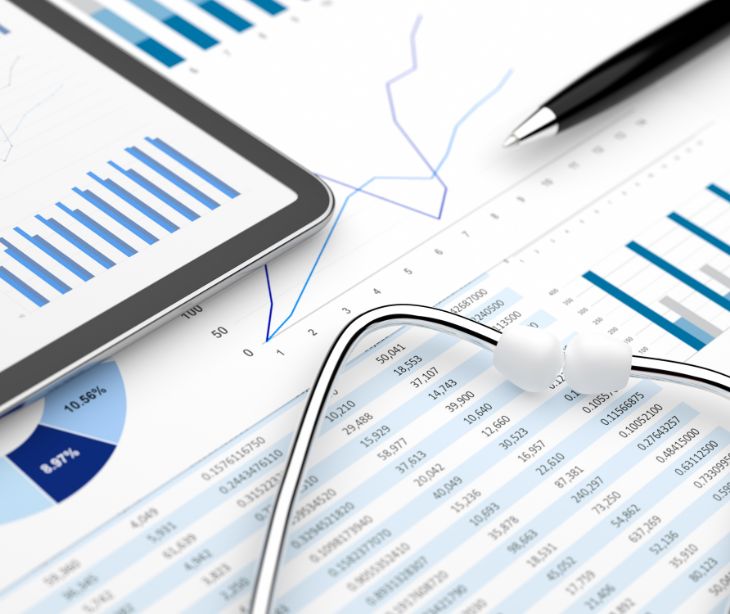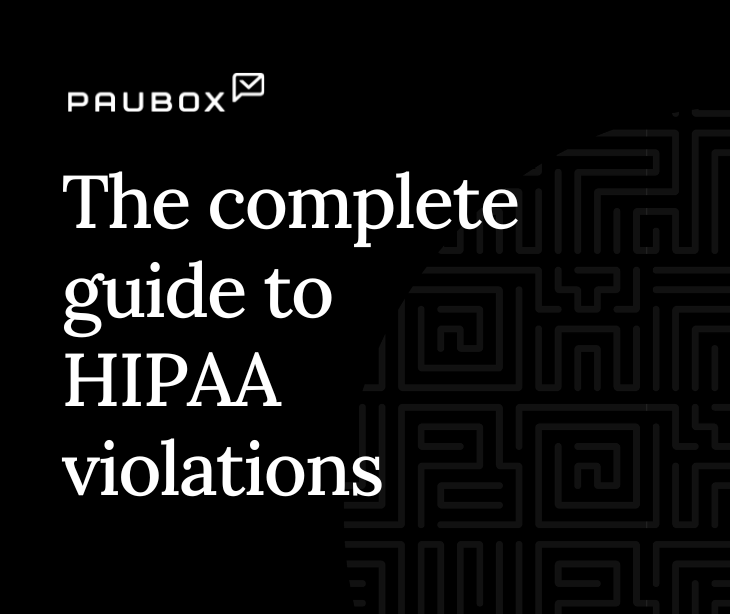
Data accessibility in healthcare refers to the ability to easily and securely access health-related information. It ensures authorized individuals, such as healthcare providers, patients, and other relevant parties, can retrieve, share, and use this data.
Fundamentals of data accessibility in healthcare
Data accessibility encompasses the ability to securely retrieve, share, and utilize health information, ranging from patient records and treatment plans to diagnostic tests and historical health data. This concept champions the efficient and secure access of pertinent health data by authorized stakeholders, including healthcare providers, patients, researchers, and administrative personnel.
See also: HIPAA Compliant Email: The Definitive Guide
Aspects of data accessibility
Empowering patient-centric care
Giving individuals access to their health records allows them to actively engage in their healthcare journey. Patients can review their medical history, understand diagnoses, and actively participate in treatment decisions. This engagement fosters a sense of autonomy, enhances overall health literacy, and encourages a more informed approach to personal health management.
Related: What is a personal health record?
Enhanced clinical decision-making
For healthcare professionals, unfettered access to comprehensive patient data is instrumental in delivering quality care. Complete medical histories, laboratory results, medication lists, and treatment plans enable informed decision-making. This access ensures practitioners have a holistic understanding of a patient's health, thereby minimizing errors, avoiding redundant procedures, and improving diagnostic accuracy.
Interoperability
Interoperability forms the backbone of data accessibility. It ensures that disparate healthcare systems, from electronic health records (EHRs) to specialized medical devices, can seamlessly communicate and exchange information. This interconnectedness between systems facilitates coordinated care among various healthcare providers and settings, fostering a more holistic approach to patient health.
Accelerating medical research and population health
Accessible healthcare data fuels advancements in medical research and population health initiatives. Aggregated and de-identified data sets allow researchers and public health experts to analyze trends, identify patterns, and develop strategies to address public health challenges. The insights derived from this data aid in formulating preventive measures, improving treatment protocols, and advancing medical discoveries.
The importance of data accessibility in healthcare
Efficient data accessibility in healthcare is crucial for several reasons:
- Continuity of care: It allows healthcare professionals to access a patient's complete medical history, leading to better-informed decisions about diagnosis and treatment.
- Improved efficiency: Quick access to relevant data can streamline administrative processes, reduce redundant tests, and enhance overall efficiency in healthcare delivery.
- Patient empowerment: Patients can access their health records, enabling them to be more engaged in their care, understand their health status, and make informed decisions about their well-being.
- Interoperability: Data accessibility ensures that different healthcare systems and technologies can communicate and share information seamlessly, facilitating coordinated care across various providers and settings.
- Research and analytics: Accessible healthcare data can be used for research, population health management, and analytics, providing insights that improve healthcare outcomes on a broader scale.
Related: The healthcare digital transformation
Challenges and imperatives
While data accessibility heralds transformative potential, it comes with challenges that demand attention:
- Privacy and security concerns: Safeguarding sensitive health information against breaches and unauthorized access remains paramount.
- Data standardization and interoperability: Achieving uniformity in data formats across disparate systems to ensure seamless communication is imperative.
- Ethical use and governance: Establishing governance frameworks to regulate data usage, ensuring ethical considerations and compliance with regulations.
Go deeper:
Subscribe to Paubox Weekly
Every Friday we bring you the most important news from Paubox. Our aim is to make you smarter, faster.




